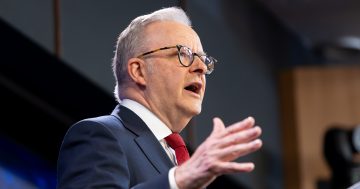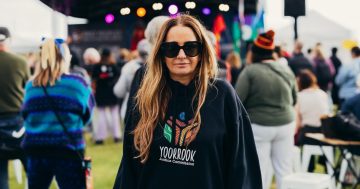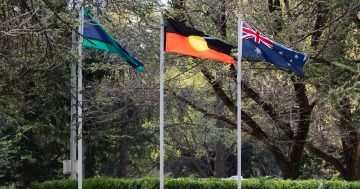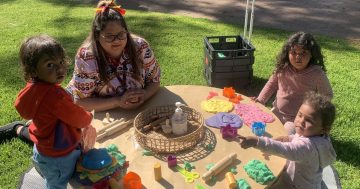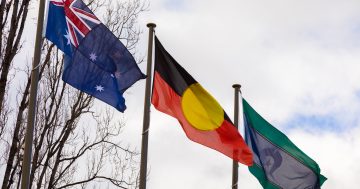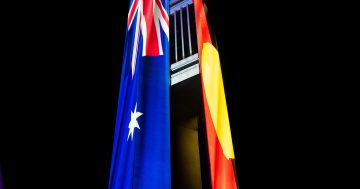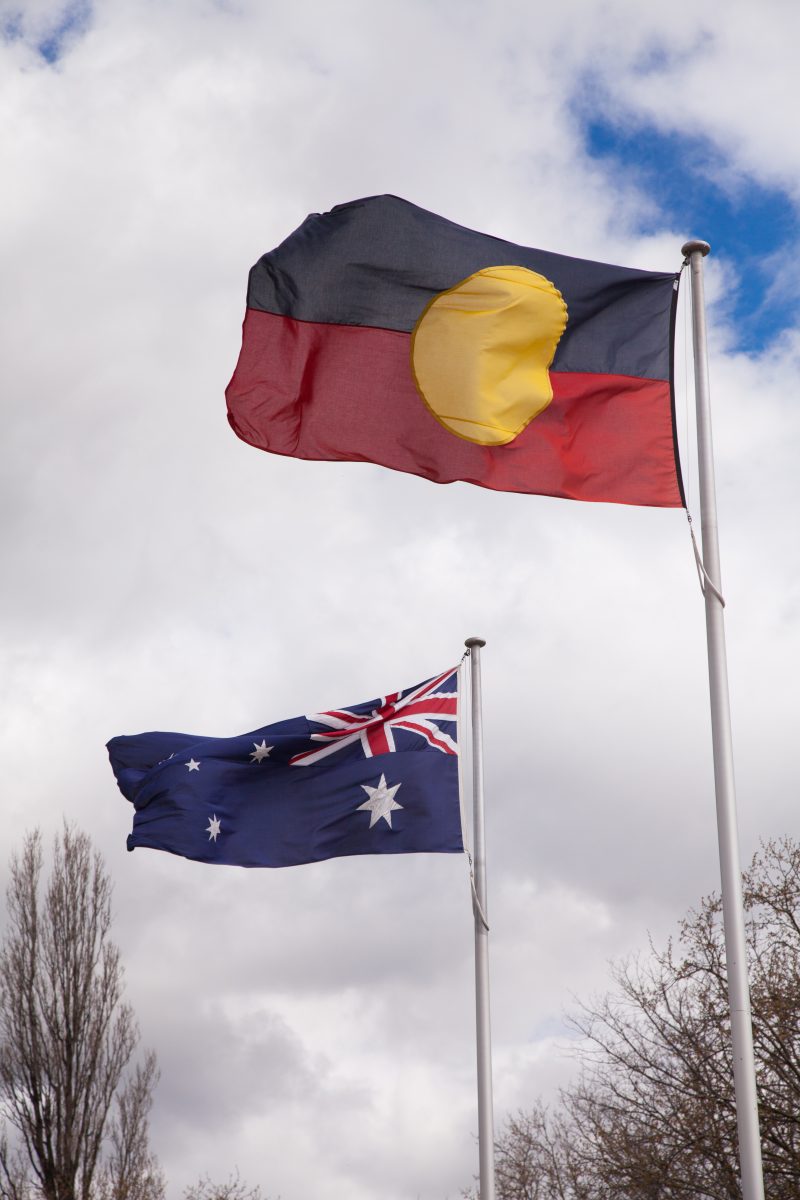
On the 16th anniversary of the Apology to the Stolen Generations, First Nations people are still hugely disadvantaged. Photo: File.
Sixteen years after Kevin Rudd offered the Apology to the Stolen Generations of Indigenous Australians, only 11 out of 19 socio-economic outcomes for Aboriginal and Torres Strait Islander peoples are improving – and just four of those Closing the Gap targets are on track.
Anthony Albanese has used the anniversary of his prime ministerial predecessor’s apology to deliver the first Closing the Gap update since the nation voted in October to reject an Indigenous Voice to Parliament.
“What should give us pause is that outcomes have worsened for four critical targets – children’s early development, rates of children in out-of-home care, rates of adult imprisonment and, tragically, suicide,” Mr Albanese told parliament on Tuesday (13 February).
“We can take some heart from the fact that in some areas that are off target, they are not uniformly so.
“Early childhood development, adult incarceration rates and out-of-home care aren’t on track at a national level but have shown improvement in some regions and jurisdictions. That’s a positive, albeit a slender one.
“The Productivity Commission has made it clear that the old ways are not working. Decades of insisting that government knows best has made things worse.
“We must find a better way and we must do it together.”
The Prime Minister said while not every community-driven initiative will be an overnight success, it could no longer be business as usual in approaches towards First Nations policy.
He said support for reconciliation is a core value of his government and is a value shared by most Australians.
“Australians want to close the gap,” he said.
“Australians believe in the fair go.”
The government will invest $707 million in a new jobs program for remote Australia aimed at delivering 3000 jobs and better living conditions for Indigenous Australians over the next three years.
The program replaces the former government’s Community Development Program and will be set up in partnership with the Coalition of Aboriginal and Torres Strait Islander Peak Organisations later this year.
Opposition Leader Peter Dutton has asked for more details about program, describing it as a “wishful target” and he used his reply address to parliament to repeat his call for a royal commission into child sexual abuse in Indigenous communities.
“If we continue to do more of the same, we will only get more of the same,” Mr Dutton said.
Mr Albanese also announced the establishment of a National Commissioner for Aboriginal and Torres Strait Islander Children and Young People, stating that First Nations parents want for their children the same thing all Australians want for theirs – the same opportunity to make a good life for themselves.
The commissioner will be dedicated to “protecting and promoting the rights, interests and wellbeing” of First Nations children and young people, he said, as well as calling on their “strengths, sense of hope and ideas for change”.
The commissioner will address the “unacceptable rates of out-of-home care” and work towards strengthening families and keeping children safe.
The Secretariat of National Aboriginal and Islander Child Care (SNAICC) welcomed the announcement as a game changer.
“Our sector and our communities have been calling for a national commissioner for Aboriginal and Torres Strait Islander children for many years to tackle the over-representation of young people in out-of-home care and youth detention,” Chief executive officer Catherine Liddle said.
“The national commissioner will be the champion, the voice and facilitator for our children, young people and families, and who will hold governments to account.
“They will help turn the tide of our children being over-represented in out-of-home care and one of the key targets under Closing the Gap.
“They will be able to investigate and make strong recommendations on issues impacting our children, ensuring their safety and rights are upheld.
“Our sector has consistently said the most effective and immediate action government can take to make children safe and protect their human rights is to stand up a National Aboriginal and Torres Strait Islander Children’s Commissioner, with the legislated power to investigate and make recommendations on issues impacting our children.”

Prime Minister Anthony Albanese delivered the first Close the Gap update since the Voice referendum. Photo: Screenshot.
In his address to parliament, Mr Albanese said the debate in the lead-up to the Voice referendum brought into sharp focus the disadvantage and inequality endured by First Nations people.
And while the government respected the referendum’s result, it remains determined to move reconciliation forward and seek better results for Indigenous Australians.
“If we want to close the gap, we have to listen to people who live on the other side of it,” the Prime Minister said.
“Canberra must be willing to share power with communities. To offer responsibility and ownership and self-determination.
“To let local knowledge design programs, to trust locals to deliver them and to listen to locals when they tell us what’s working and what isn’t.
“That’s a culture change we have to drive – in this building, in the public service and across governments at all levels.
“The price of failure – over successive governments – isn’t just counted in dollars, it’s measured in lives.”
Original Article published by Chris Johnson on Riotact.


